Bush’s mercenaries profited from US war in Afghanistan: Report
American mercenaries, referred to as defense contractors, made massive profits from the 20-year US war in Afghanistan, according to a report.
Many of the "defense contractors" had donated to former US President George W. Bush’s 2000 presidential campaign. Bush paid them back by invading Afghanistan and Iraq where these companies made hundreds of billions of dollars.
“Who won the war on terror? American defense contractors, many of which were politically connected companies that had donated to George W. Bush’s presidential campaign, according to the Center for Public Integrity, a nonprofit that has been tracking spending in a series of reports called the Windfalls of War, wrote Farah Stockman in a recent New York Times article.
“For Mr. Bush and his friends, the wars in Iraq and Afghanistan achieved a great deal. He got a chance to play a tough guy on TV. He became a wartime president, which helped him win re-election. By the time people figured out that the war in Iraq had been waged on false pretenses and the war in Afghanistan had no honorable exit plan, it was too late,” added Stockman.
The article also cited a study that estimated that 40 percent of the money allocated to Afghanistan returned to donor countries in corporate profits and consultant fees. Only 12 percent of US reconstruction assistance given to Afghanistan between 2002 and 2021 went to the Afghan government.
“Much of the rest went to companies like the Louis Berger Group, a New Jersey-based construction firm that got a $1.4 billion contract to build schools, clinics and roads. Even after it got caught bribing officials and systematically overbilling taxpayers, the contracts kept coming,” the article noted.
“It’s a bugbear of mine that Afghan corruption is so frequently cited as an explanation (as well as an excuse) for Western failure in Afghanistan,” Jonathan Goodhand, a professor in conflict and development studies at SOAS University of London, wrote in an email to the writer. Americans “point the finger at Afghans, whilst ignoring their role in both fueling and benefiting from the patronage pump.”
The US invaded Afghanistan in October 2001 following the September 11, 2001 attacks on the United States. American forces occupied the country for about two decades on the pretext of fighting against the Taliban. But as the US forces left Afghanistan, the Taliban stormed into Kabul, weakened by continued foreign occupation.
US officials assert that the 9/11 attacks were carried out by 19 al-Qaeda terrorists, but many experts and independent researchers have raised questions about the official account.
They believe that rogue elements within the US government, such as former Vice President Dick Cheney, orchestrated or at least encouraged the 9/11 attacks in order to accelerate the US war machine and advance the Zionist agenda.
Following the 9/11 attacks, the United States invaded and occupied Afghanistan, despite the fact that no Afghan was involved in the attacks. Hundreds of thousands of Afghans died in the US war on the country.
According to another report, the September 11 terrorist incidents spelled great news for American weapons manufacturers and military contractors, which by far lead their foreign counterparts in generating a stunning $7.35 trillion in revenue over the course of the past 20 years.
The overwhelming majority of the astronomical income came from the US Defense Department, or the Pentagon, which spent trillions of dollars on its military occupation of Afghanistan and Iraq, tying the massive incursions to the 9/11 attacks in what Washington proclaimed as its “global war on terror,” US-based Axios news outlet reported Saturday, citing a Defense News database.
“Since 9/11, war has become "modernized," which means it's fought with extremely expensive weapons bought from highly profitable private-sector companies,” the report noted, insisting: “Gone are the days when most of the defense budget was spent directly on soldiers.”
The report further recalls that when the New York stock market finally resumed business on September 17, 2001 -- while still surrounded by ash from the smoking Twin Towers -- the S&P 500 fell by a sharp five percent from its closing level on September 10, and then continued slipping over the subsequent days.
14 countries condemn Israel's West Bank settlement plan
VIDEO | UK pro-Palestine hunger strikers
VIDEO | US $1tn military war budget
VIDEO | Yemen warning sides reach major prisoner exchange deal
UN experts condemn US blockade of Venezuela
Iran stocks extend rally as TSE index surpasses 4 million points
Rights group reports worsening humanitarian conditions in Israeli prisons
EU slams US over visa ban on officials regulating 'online censorship rules'


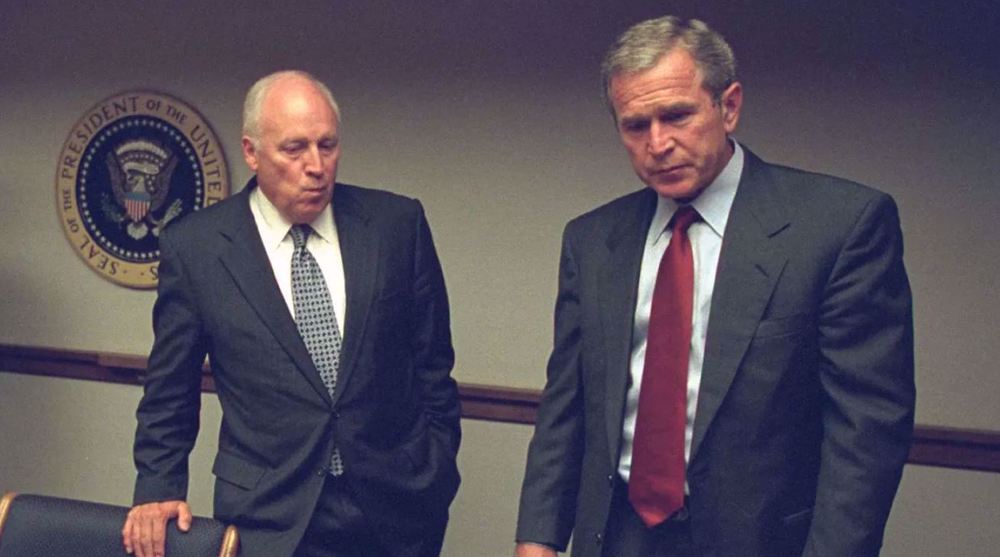
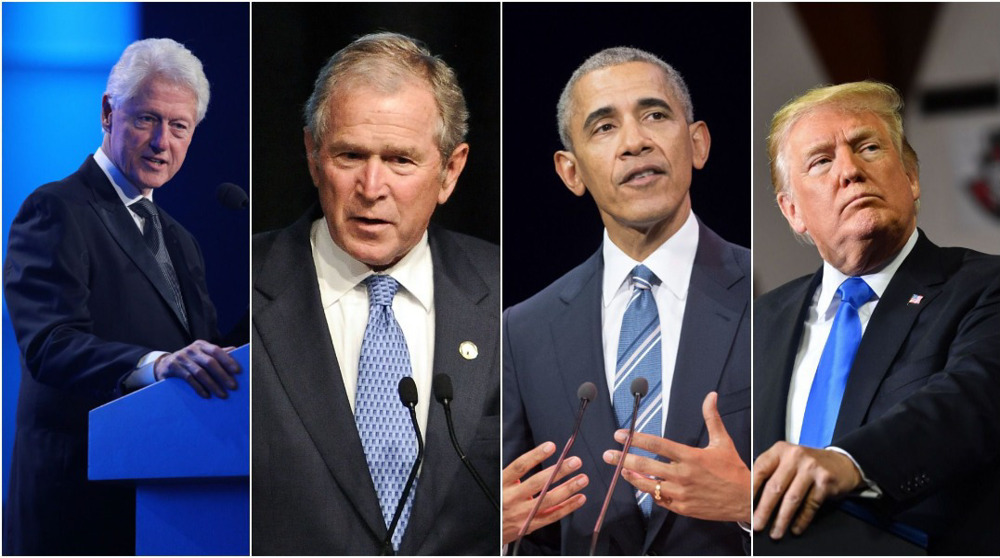
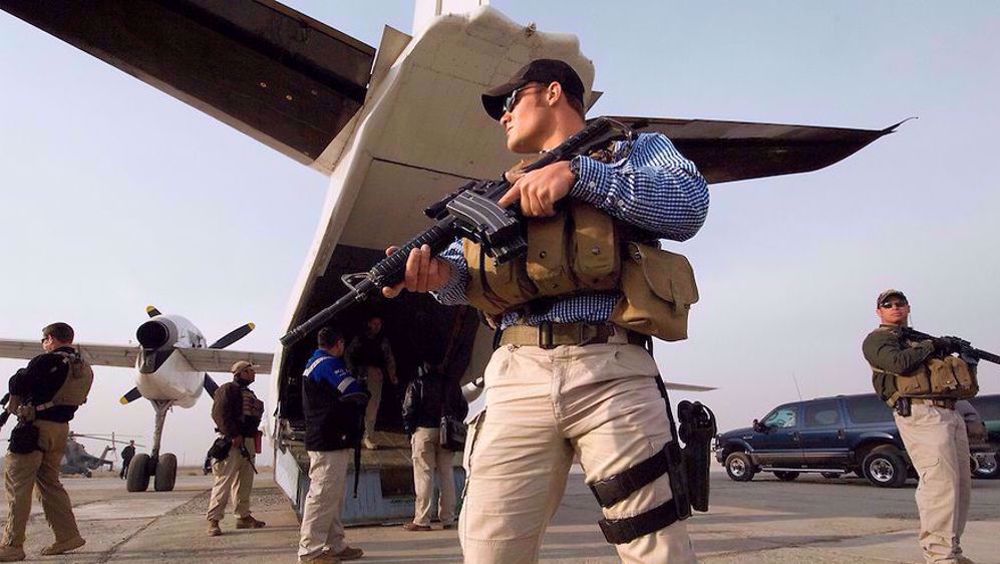
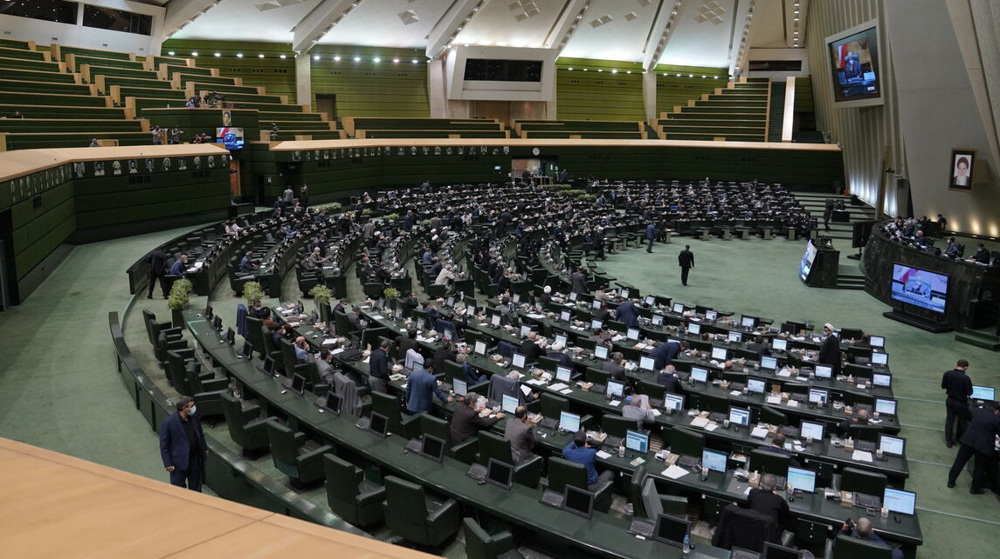

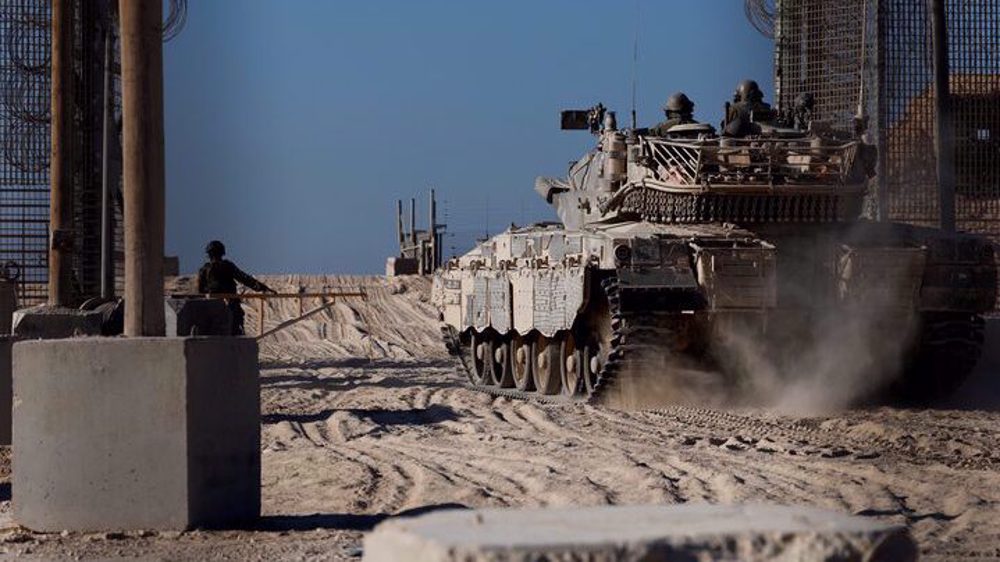




 This makes it easy to access the Press TV website
This makes it easy to access the Press TV website